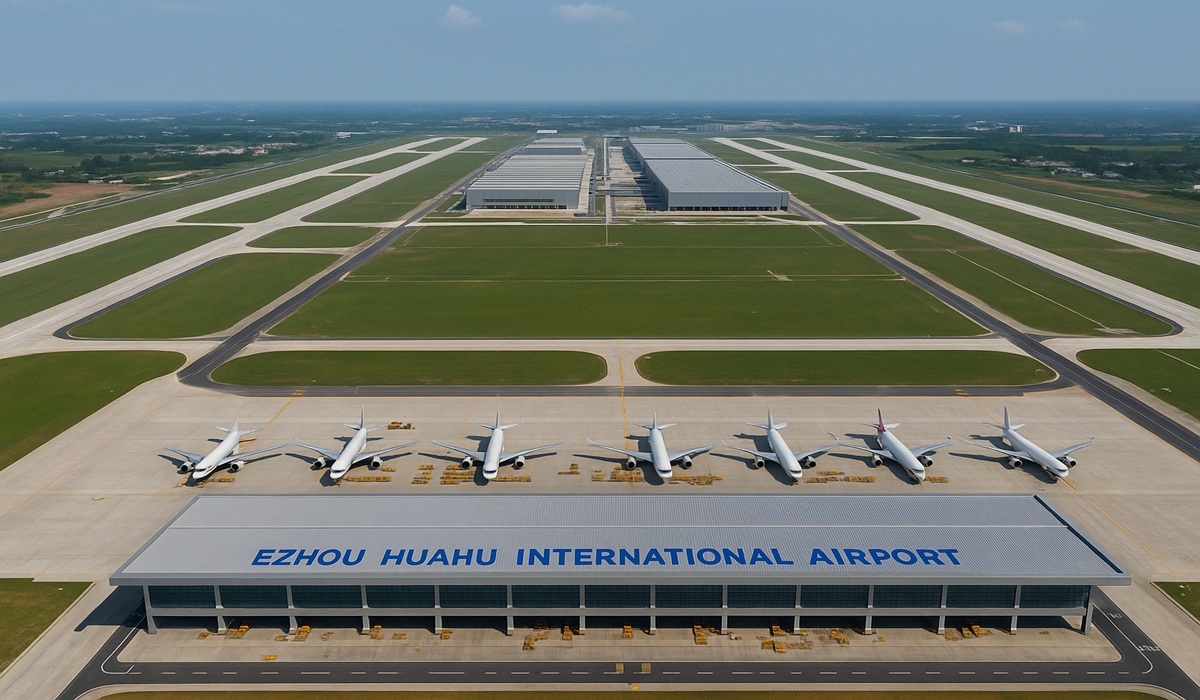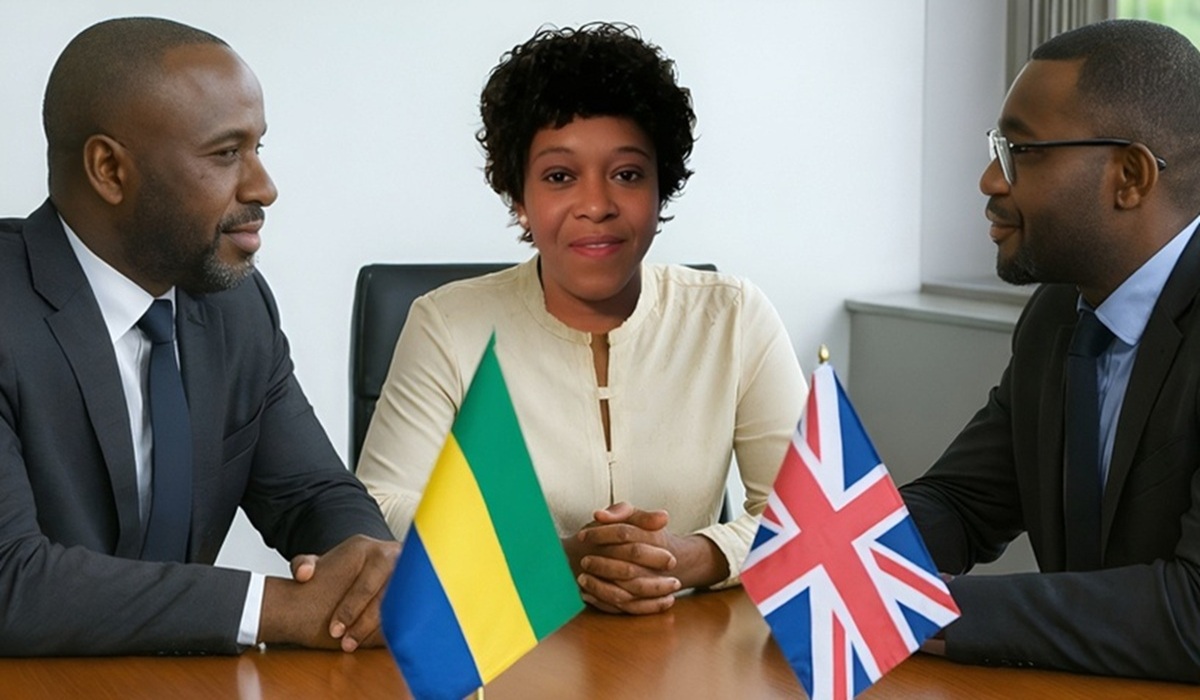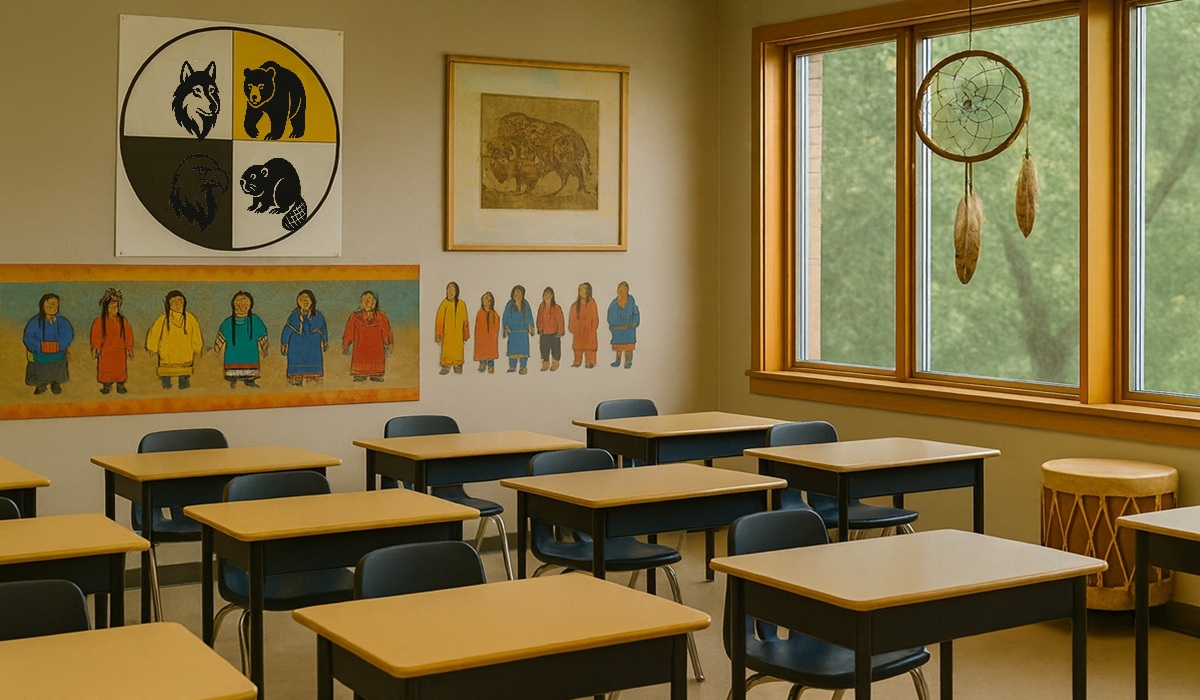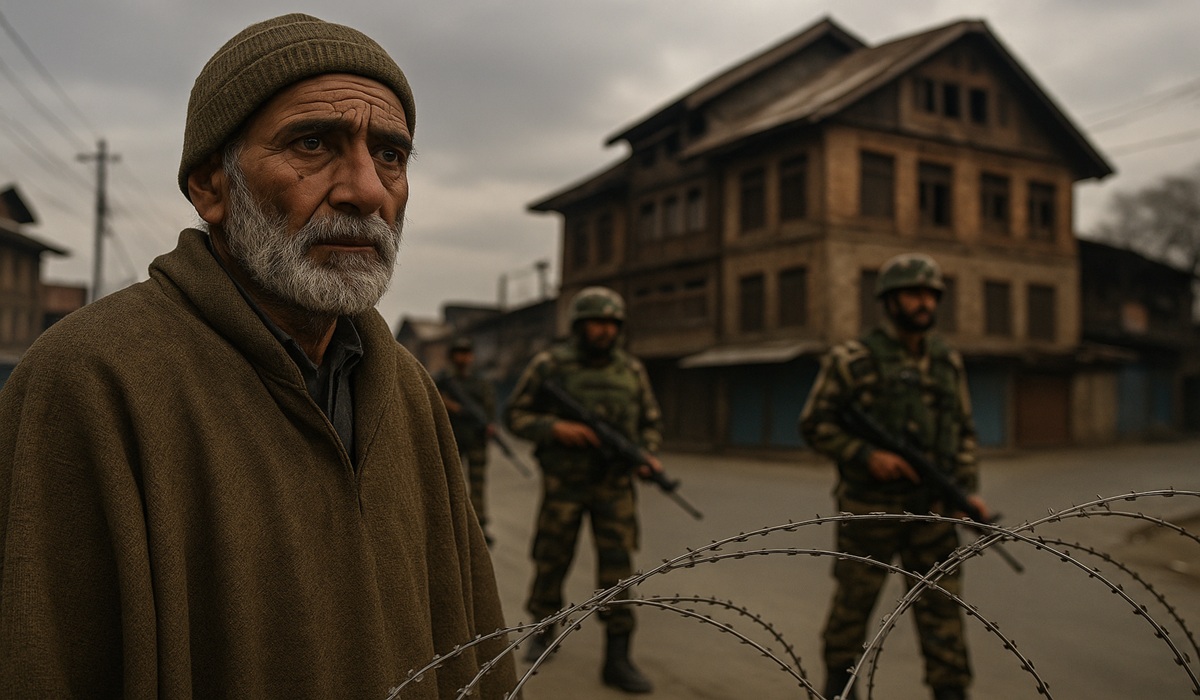Alberta on the Brink: Teachers Ordered Back, Unions Threaten Shutdown, and a Province Takes Sides
- Xuemei Pal
- Trending News
- October 30, 2025

Alberta now finds itself on the edge of one of the most combustible labour confrontations in its modern history. Premier Danielle Smith’s decision to legislate striking teachers back to work has triggered a deeper showdown — not only with educators but with a coalition of unions warning they may shut down the province if the government doesn’t step back from what labour groups call an authoritarian overreach.
Teachers, who walked out over compensation, chronic classroom overcrowding, and burnout-inducing workloads, now find themselves legally mandated to return. The government frames its back-to-work legislation as a necessary act to protect students and restore stability. Union leaders call it a declaration of war on labour rights.
From Smith’s perspective, this is about responsibility and order. Her supporters argue that students have already endured disruption — years of pandemic uncertainty, learning loss, and staff shortages — and another prolonged shutdown could fracture an already strained system. The Premier’s allies insist that decisive leadership is what Albertans elected her for: resolve, not hesitation.
Their message is clear: education is essential, and public systems cannot be held hostage by labour brinksmanship. To them, the legislation is not heavy-handed — it is the duty of a government defending the public interest.
Many parents sympathetic to this view believe the strike forced families into chaos and put children at risk of falling further behind. They argue that Alberta’s economy — and young people’s futures — cannot absorb another protracted shutdown.
On the other side, teachers and union leaders say the government has crossed a red line. For them, this is no longer about bargaining tables and salary grids — it is about protecting fundamental rights. They warn that if a democratically elected government can legislatively erase a strike in one sector, others will follow.
In their eyes, Smith has sent a message: labour rights exist only at the pleasure of the state.
Union leaders go further, saying the Premier has triggered a political reckoning. Many have publicly called for her removal, saying a government that suspends collective bargaining is a government that must be replaced — whether at the ballot box or through mass organized action that forces a rethink.
The possibility of a coordinated, cross-sector walk-off remains live. While unions are surveying membership and planning strategy rather than immediately shutting down services, the tone has shifted. Their rhetoric is no longer defensive — it is mobilized, confrontational, and unapologetically political.
Caught in the middle are families trying to balance principle with practicality. Many parents empathize with teachers — acknowledging crumbling classroom morale, over-capacity class rosters, and educators stretched beyond reason. Others simply want predictability restored and feel exhausted by cycles of disruption.
At kitchen tables across the province, contradictory emotions live side by side: gratitude for teachers, frustration with interruption, suspicion toward government power, and fear of instability.
The result is a polarized public — half worried about collapsing labour relationships, half desperate for calm.
The timing could not be more explosive. Alberta’s next scheduled provincial election arrives October 18, 2027, but this crisis will shape the terrain long before voters cast ballots. The UCP still enjoys strong rural loyalty, yet labour tensions tend to reverberate most sharply in urban centres — especially Calgary, where elections are won or lost.
Political observers note that Smith is gambling big: if the government prevails, she will be praised by supporters as a strong leader who refused to blink. If public sentiment hardens against her, the perception may take hold that she governed not by persuasion, but by decree.
For now, classrooms reopen under law, but the calm feels temporary. The sense in Alberta is not relief, but suspense.
Teachers return, but not reconciled. Unions pause, but not retreating. Families exhale, but not fully reassured. Business leaders watch closely, fearing an economic ripple if a broader shutdown materializes. And the government stands firm — confident in its mandate, but aware that authority is only as durable as public patience.
In the end, Alberta stands not only in a labour dispute, but in a contest of values. Stability versus solidarity. Leadership versus overreach. Compromise versus confrontation.
What happens now will not only determine the fate of this strike — it may redefine the politics of work, power, and public duty in Alberta for years to come. The classrooms may be opening again, but the real lesson is still being written.








